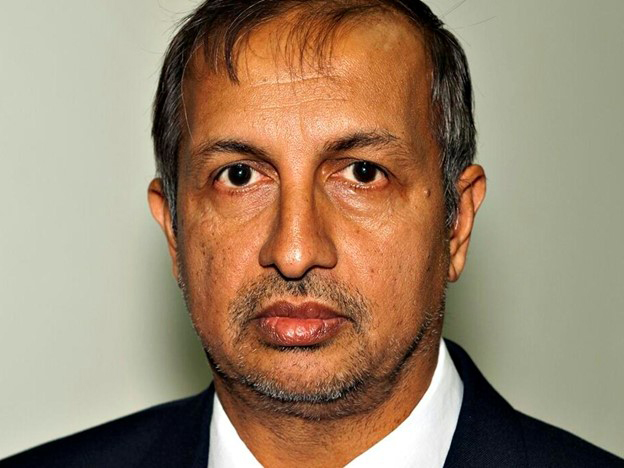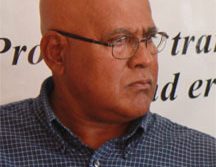PORT OF SPAIN, Trinidad, CMC – Former Cricket West Indies director Baldath Mahabir has raised the alarm that the emergence of the United States as a host of the ICC Men’s Twenty20 World Cup could help to threaten the long-term sustainability of the sport in the Caribbean.
The United States will co-host the T20 World Cup with the Caribbean this June, with 16 of the 55 matches in the tournament set to be played in the American cities of Dallas, Fort Lauderdale, and New York.
Mahabir said easy travel, newer stadiums and accommodation, transport and support services will make the United States a viable destination for major tournaments in the future, and he could see a future where that country and its northern neighbour, Canada could stage a major ICC tournament together.
“There are a lot of marquee clashes (to be played in the US),” he said in an interview with the Trinidad Newsday newspaper. “India are playing three games in New York, and South Africa are playing three games in New York (as well). I see a real threat and CWI will be well-advised to look at that.”
“Yes, some people will come down to the Caribbean for the beaches and the other little things that go around our cricket. But if our product does not improve and the infrastructure continues to age, and we become less user-friendly than the one in the US and in North America in general, we face a real threat in the future.”
The United States and Canada will contest the opening match of the tournament on June 1 at the Grand Prairie Cricket Stadium in Dallas in historically one of the oldest clashes in the sport.
World No. 1 India will play all their Group A matches in the United States and will face arch-rivals Pakistan in a blockbuster clash on June 9 at the Nassau County International Cricket Stadium, where the South Africans will meet Sri Lanka in an eye-catching Group D on June 3.
Mahabir said equally concerning for the sport in the Caribbean was the reluctance of Jamaica to make a bid to host matches in the T20 World Cup, considering they are an important part of the sport’s landscape in the Caribbean.
“I don’t think that they don’t want to host matches, I think the consumer is telling them the story that we are not too interested in going cricket, especially the longer version,” he said.
“They didn’t bid for this one probably because the investment to get the stadium up to the required standard of the ICC level could have been a bit exorbitant. But they have a good product when it comes to athletics, football and netball.
“Cricket has been on the decline in Jamaica for quite a while. The last time they won the four-day title was under Tamar Lambert when they won four or five titles, but what should be greater concern and just to tie it in to the World Cup, is the emergence of USA as a cricketing power.”
Mahabir, a former director of the Trinidad & Tobago Cricket Board, said he was disappointed about the allocation of matches to the two-island republic, but there was still an opportunity for the country to shine.
The Brian Lara Cricket Academy (BLCA) in Trinidad will host five matches, including Group C contest between hosts West Indies and New Zealand on June 12, and the second semi-final on June 27.
“Given the infrastructure in T&T and the hotel stock, I do not think we can complain too much,” he said. “We have one marquee (group) game in Trinidad which is the West Indies and New Zealand game, then the semi-final. The rest of the games will generate interest, but not great interest.”
On the chances of hosts West Indies, Mahabir said they were drawn in a “good group” with the New Zealanders, Papua New Guinea, Uganda, Afghanistan, and he expected them to be competitive.
“T20 cricket is the one format of the game where I think the West Indies have a real chance of doing well,” he said. “The players like the format. We are playing at home, and conditions will suit us.
“The team looks fairly good in the last few T20 outings we had recently – particularly against England. I think we have a good chance of getting into the second round.
“All things being equal – barring injuries – we have a good chance of doing well, with some innovative leadership and so on.”










